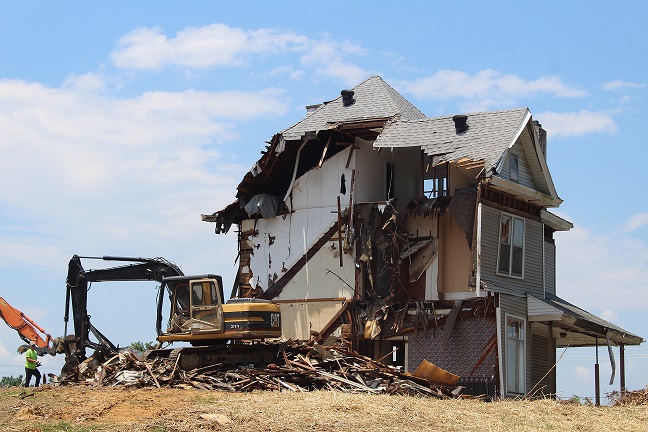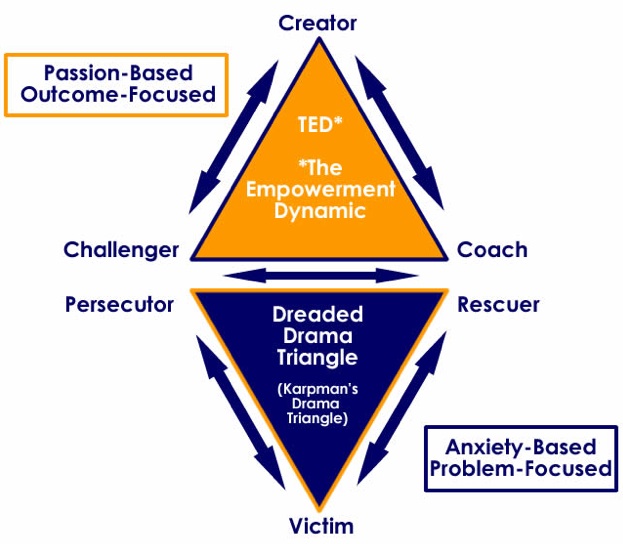
How do you create a new life when you’re still living in the old one?
How do you change your life and live from your heart without destroying the things you love about the life you’ve already created?
How do you stand tall and strong, when the structure you’ve built up till now wants you to stay crooked and small?
Three things:
1. Courage. Heart-based radical trust in your inner wisdom and goodness. Trust your unhappiness, boredom, frustrations, longings, desires.
2. Clarity. Get just a little clearer on the next thing. Maybe the next two things if you’re an overachiever. You don’t have to have the whole vision. Ask yourself: What tugs? What delights? You know what’s next.
3. Conflict. It’s gonna happen. Learn to manage the inevitable conflict that arises when you change how you live your life.
It’s tempting to just move out of the house. And sometimes that’s necessary and it’s what you know you want to do. You could be the woman who seemingly out of the blue divorces her husband and moves to (Santa Fe, Seattle, New York City, a farm in Iowa, fill in the blank) to follow her passion for (ceramics, whales, the theatre, organic fiber, fill in the blank) and no one saw it coming.
We’re so afraid of causing conflict. Making trouble. Rocking the boat. We’re so convinced the life we’ve built is real – immutable, rigid, solid – and if we wiggle and stretch it’ll all come crashing down. Maybe it will.
If the life you’ve built is that fragile – if all that’s holding the structure of your life together is your precious energy and power, then it might need to collapse. If you’re holding the foundation up like the Incredible Hulk while your people upstairs walk around oblivious, then you might want to stop doing that.
Over and over I hear in my clients a deep fear of talking honestly about their frustrations, anger, and yearning with their husbands.
Sometimes they’re fearful because they made a commitment x number of years ago to this man. I hear these women say, “He hasn’t changed, so why do I have the right to be unhappy? I just need to get over myself and wait out this frustration. My kids would be devastated if I left him.”
Sometimes they’re fearful because their husbands are fine with things as they are. I hear these women say, “He’s perfectly happy. I must be wrong. I must be the one who needs to be fixed. I’m being crazy and hysterical.”
Sometimes they’re fearful because they’re afraid of being dismissed by their husbands. I hear these women say, “What if he doesn’t listen? What if he blows me off? What if I’ve opened this can of worms and nothing changes?”
All of these reasons are a variation of the belief that they need permission from someone else to know what they know, feel what they feel, say what they mean, and do what they want. (Words lifted from Martha Beck’s forthcoming book, The Way of Integrity.)
We’re so well-trained by this patriarchal culture in which we live, move, and have our being, that, as women, we need to look outside ourselves for authority. That we’re irrational and we can’t trust our inner wisdom. That the only things that matter are the things we can measure.
My friends, this is bullshit. I don’t know why it is that women seem to need to to grow and change more than men. Maybe it’s because we live in cycles. We embody change. We are rooted in a deeper reality than patriarchal culture.
Why ultimately doesn’t matter.
What matters is that you trust your courageous heart’s voice, you take the next step that delights you even if it’s scary, and you learn to manage the inevitable conflict. Let me know if I can help.
Photo by Haley Hamilton on Unsplash

